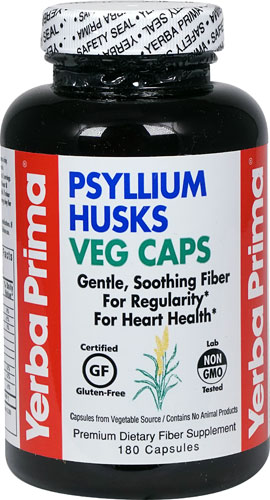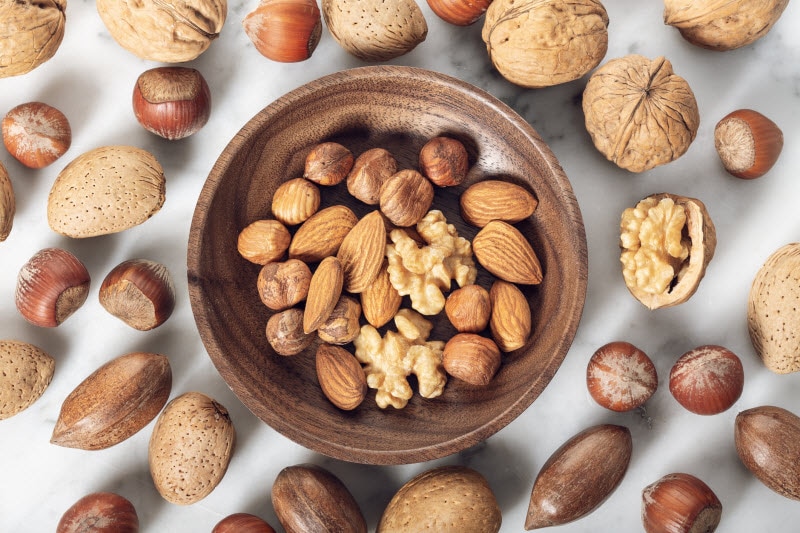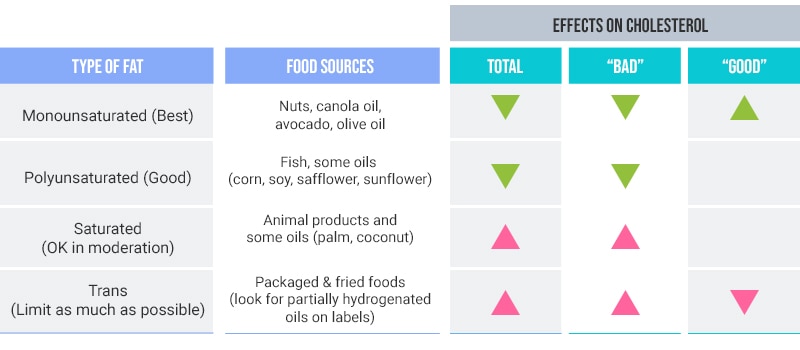Yerba Prima Psyllium Husks Veg Caps Description
- Gentle, Soothing Fiber for Regularity
- For Heart Health
- Gluten Free
- Non GMO Tested
- No Animal Products
- Dietary Supplement
Doctors recommend Psyllium Husks fiber for people eating low carb diets. Try Psyllium Husks Veg Caps for a convenient source of concentrated dietary fiber. For best results, use daily as long as desired.
Start by taking 1 serving each day. Gradually increase to 3 servings per day if needed. Swallow one capsule at a time. Take each serving with at least 8 ounces (full glass) of water or other liquid. Drinking additional liquids is helpful. If minor gas or bloating occurs, reduce the amount you take until your system adjusts.
FOR REGULARITY: Psyllium Husks promote easy, healthy elimination and sweep waste out of the colon more quickly. To maintain regularity and speed waste removal, take 4 capsules 1 to 3 times a day, with food.
FOR HEART HEALTH: To help support heart health, take 5 capsules 3 times a day, with food.
ADULTS AND CHILDREN OVER 12: 4-5 capsules, 1 to 3 times a day with food. For children 6-12, Psyllium Husks in powder form is recommended for ease of use.
*These statements have not been evaluated by the Food and Drug Administration. This product is not intended to diagnose, treat, cure, or prevent any disease.
| Amount Per Serving | % Daily Value | |
| Calories | 8 | |
| Total Fat | 0 g | 0% |
| Total Carbohydrate | 2.2 g | <2% |
| Dietary Fiber | 2.2 g | 9% |
| Soluble Fiber | 1.8 g | |
| Insoluble Fiber | 0.4 g | |
| Sugars | 0 g | |
| Protein | 0 g | |
| Calcium | 5 mg | <2% |
| Sodium | 2 mg | <2% |
| Potassium | 22 mg | <2% |
Do not take capsules if you have difficulty swallowing. A very small percentage of individuals, particularly health care providers who have been occupationally exposed to psyllium dust, may develop sensitivity to psyllium. This sensitivity may result in an allergic reaction. If you experience a strong reaction, with difficulty in swallowing or breathing after taking this product, seek immediate medical attention.





